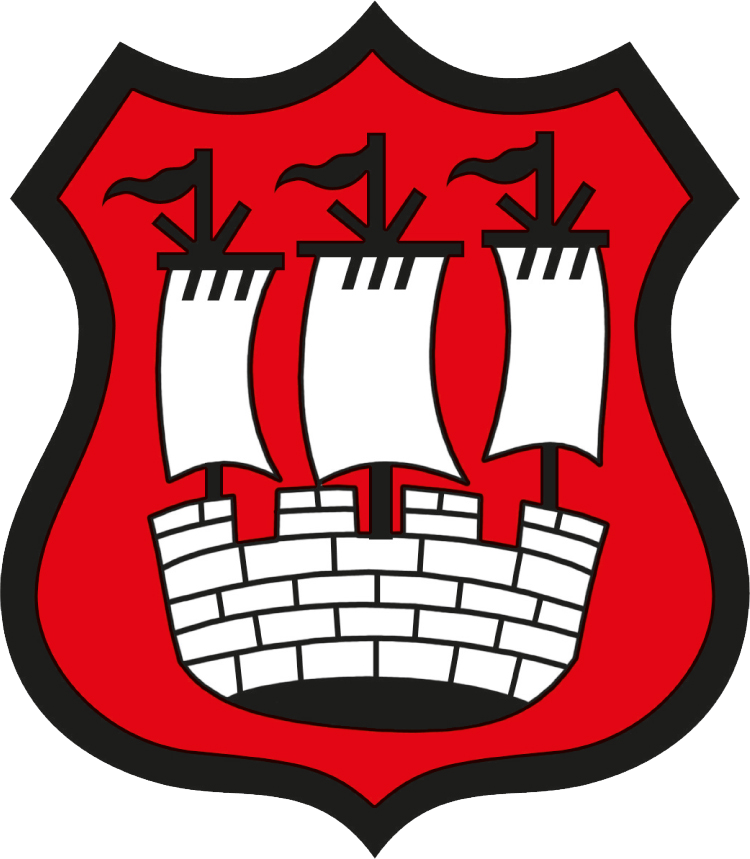Performing Arts
Drama
Studying Drama helps students to gain confidence in both their oral and written communication. It is vital as part of the KS3 curriculum to improve communication skill, team working skills and confidence.
Expectations in the Drama department are high in terms of behaviour and study. Students are expected to use their communication skills to create imaginative theatre, discuss, debate, and work well as part of a group. The Drama department is a small department with experienced staff who are passionate about Drama and have worked with students with a range of abilities. The department is supportive, with an open door policy for students.
Our aim is to promote a love of the Arts and provide vigorous study to develop skills and expertise in not only acting but also creating and presenting theatre of different genres. Student’s experience in the department will provide them with knowledge of a wide range of theatre styles including abstract and physical theatre. By the time our students leave at the end of KS4 or 5, they have a vast knowledge of theatre styles and history and will have studied at least two influential theatre practitioners in detail.
As a department, we work very hard on enrichment with extracurricular activities for both KS3, 4 and 5 running throughout the year. KS3 take part in the Shakespeare School’s Festival, with the opportunity to perform at a professional theatre. Specific KS4 and 5 productions, like the upcoming ‘The Crucible’, provide older students with the opportunity to be part of a large production and use and enjoy hard-earned acting skills in front of a live audience. Students are invited on various theatre trips in Key Stages 3, 4 and 5.
At Key Stage 3, students study a range of topics from theatre skills and history to physical theatre and script writing. Discussion and debate feature heavily in lessons, particularly in year 9 where students study issue based topics like ‘healthy relationships’ in a theatrical context. Students are encouraged to audition for extracurricular activities like the Shakespeare School’s Festival and summer concert celebrations of the Arts.
How can you support your child?
- Encourage your child to read plays, both modern and historical.
- Go to the theatre, student tickets for the National Theatre are available for as little as £5.
- Help your child to learn their lines in preparation for exams and assessments.
- Make sure your child is aware of the importance commitment to a project in terms of attending rehearsals when working as a group and monitor their intervention attendance.
- Come in to school to see your child’s exam performances and production performances
Music
Studying Music opens the door to success across the whole curriculum, aiding students to gain confidence in everyday tasks, as well as gaining an understanding of the importance of teamwork.
The Music department consists of a highly knowledgeable and enthusiastic group of teachers who are passionate about their subject. Our teaching enables all children to feel included and well-supported, whatever their background in the subject may be. Our aims as teachers is to provide an enthusiasm for both the performance and technology side of the subject, developing skills and expertise that will help them through their entire time at Welling School.
Reflecting the Welling Ways, creativity and resilience play a large part when studying music. Students will learn to develop their performance and technical skills, creating their own music, allowing them to improve an independence within the subject as they progress through their school life. A key factor in music is also ensemble work. Students learn quickly how to adapt to different situations and scenarios, showing their resilience towards the subject, a feature that will help them both inside and outside of school.
At Key Stage 3, students study a range of topics including how to read and write using music notation, the history of African Drumming and how to compose music using computer software’s such as Garage Band or Logic Pro. All tasks are completed both individually and as a group, allowing their creativity to be expressed and shared. Students are also allowed to take part within the Winter and Summer concerts, should they like their work, from inside or outside of school, to be showcased. This creates a very supportive working environment for all musicians. Star pupils will also be nominated by their teachers to become Music Scholars. This includes use of the practice rooms at break and lunch times, as well as the opportunity to attend musical theatre trips.
How can you support your child?
- Encourage your child to rehearse and practice
- Read online articles about the topics they are studying to gain wider knowledge.
